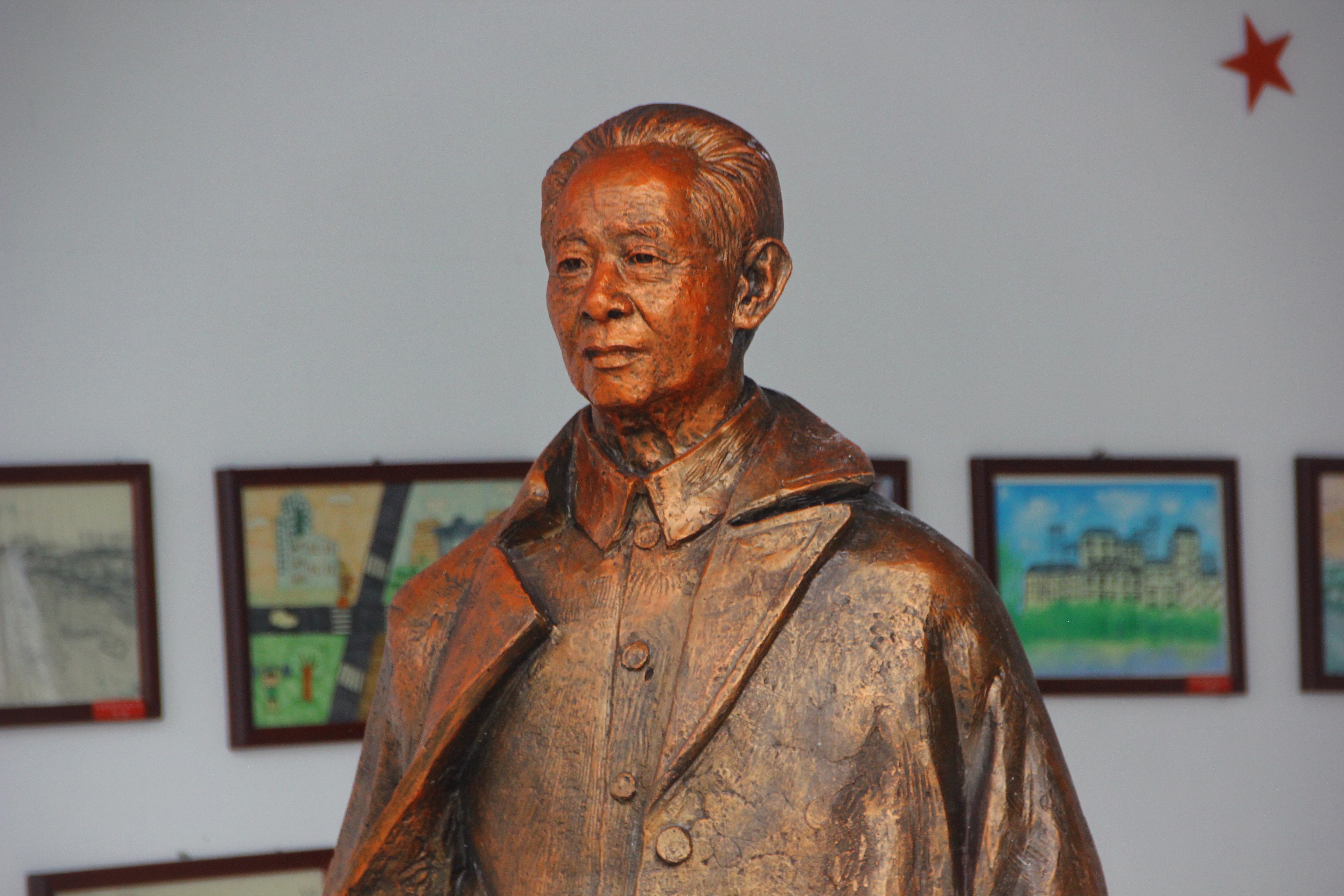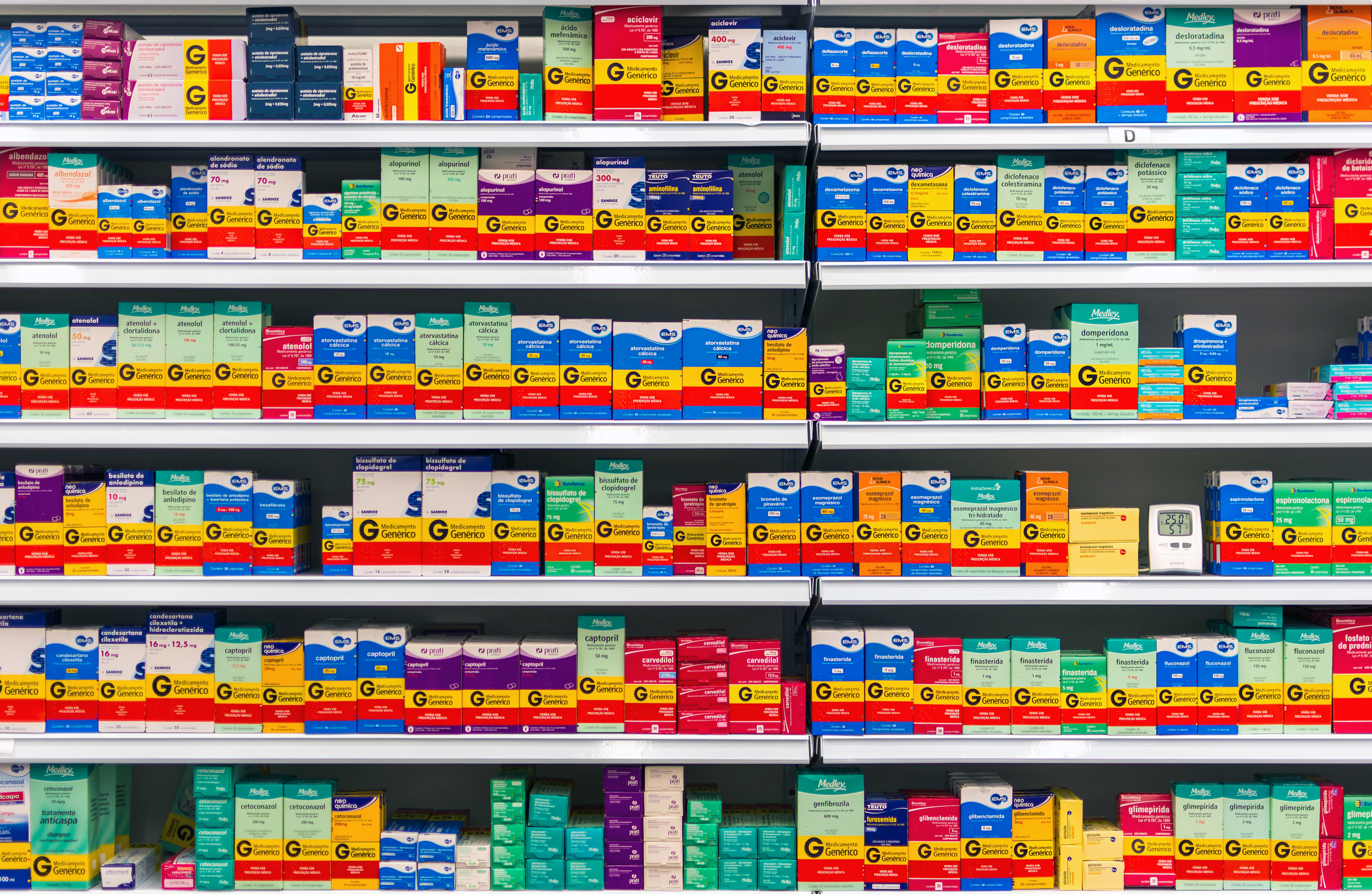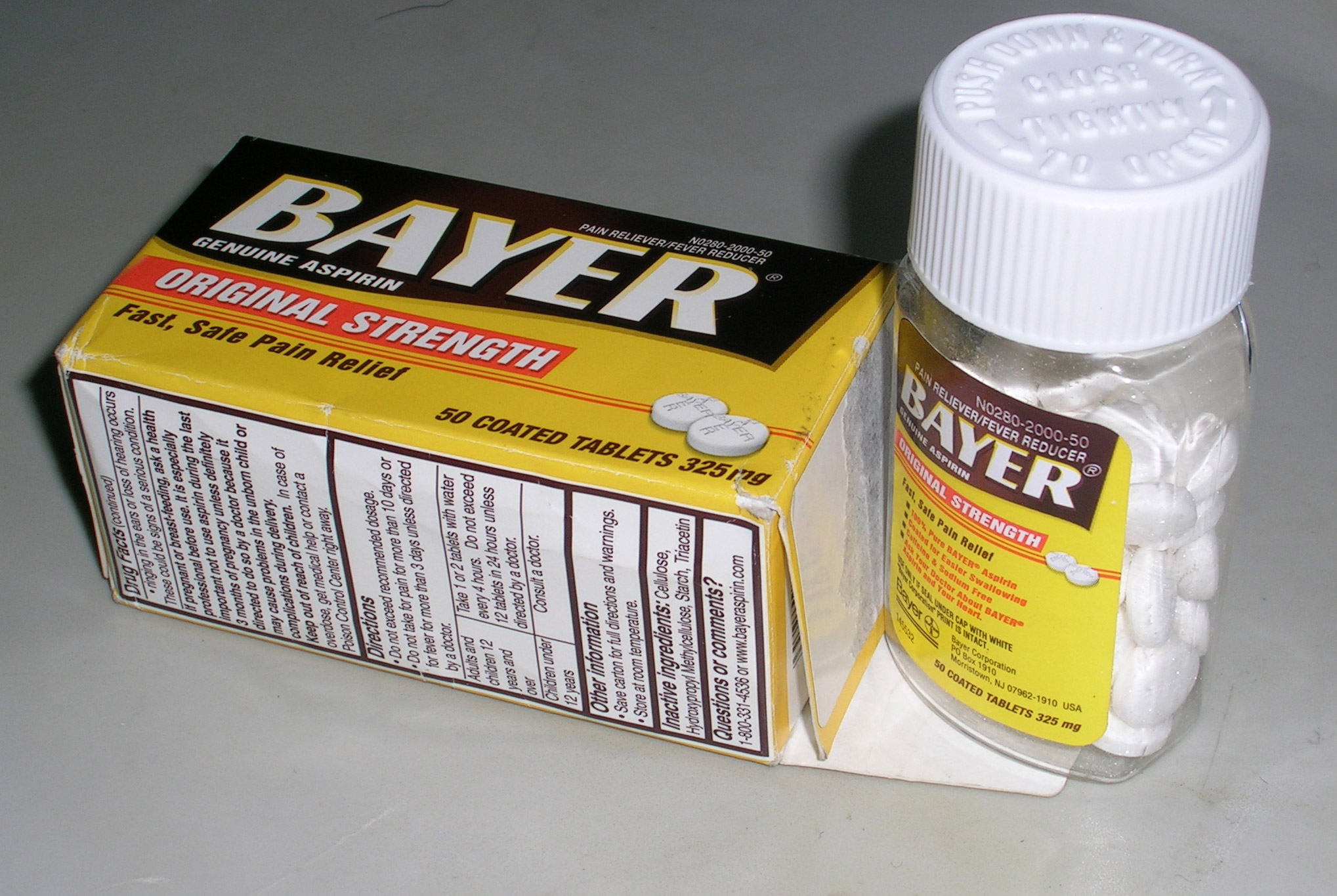|
Pharmaceutical Industry In China
The pharmaceutical industry is one of the leading industries in the People's Republic of China, covering synthetic chemicals and drugs, prepared Chinese medicines, medical devices, apparatus and instruments, hygiene materials, packing materials, and pharmaceutical machinery. China has the second-largest pharmaceutical market in the world as of 2017 which is worth US$110 billion. China accounts for 20% of the world's population but only a small fraction of the global drug market. China's changing health-care environment is designed to extend basic health insurance to a larger portion of the population and give individuals greater access to products and services. Following the period of change, the pharmaceutical industry is expected to continue its expansion. China, as of 2007, has around 3,000 to 6,000 domestic pharmaceutical manufacturers and around 14,000 domestic pharmaceutical distributors. The most often-cited adverse factors in the marketplace include a lack of protectio ... [...More Info...] [...Related Items...] OR: [Wikipedia] [Google] [Baidu] |
Economic Reform In The People's Republic Of China
Reform and opening-up ( zh, s=改革开放, p=Gǎigé kāifàng), also known as the Chinese economic reform or Chinese economic miracle, refers to a variety of microeconomic reform, economic reforms termed socialism with Chinese characteristics and socialist market economy in the People's Republic of China (PRC) that began in the late 20th century, after Mao Zedong's death in 1976. Guided by Deng Xiaoping, who is often credited as the "General Architect", the reforms were launched by reformism, reformists within the ruling Chinese Communist Party (CCP) on December 18, 1978, during the ''Boluan Fanzheng'' period. History of the People's Republic of China#Political reforms, A parallel set of political reforms were launched by Deng and his allies in the 1980s, but eventually ended in 1989 due to the crackdown on the 1989 Tiananmen Square protests and massacre, Tiananmen Square protests, halting further political liberalization. The economic reforms were revived after Deng Xiaoping's ... [...More Info...] [...Related Items...] OR: [Wikipedia] [Google] [Baidu] |
Hospital Pharmacy
A hospital pharmacy is a department within a hospital that prepares, compounds, stocks and dispenses inpatient medications. Hospital pharmacies usually stock a larger range of medications, including more specialized and investigational medications (medicines that are being studied, but have not yet been approved), than would be feasible in the community setting. Hospital pharmacies may also dispense Over-the-counter drug, over-the-counter and prescription medications to outpatients. Hospital pharmacies may provide a huge quantity of medications per day which is allocated to the wards and to Intensive-care unit, intensive care units according to a patient's medication schedule. Larger hospitals may use automated transport systems to aid in the efficient distribution of medications. Hospital pharmacists and trained pharmacy technicians compounding, compound sterile products for patients such as total parenteral nutrition (TPN) and other medications given intravenously such as neon ... [...More Info...] [...Related Items...] OR: [Wikipedia] [Google] [Baidu] |
Generic Drug
A generic drug is a pharmaceutical drug that contains the same chemical substance as a drug that was originally protected by chemical patents. Generic drugs are allowed for sale after the patents on the original drugs expire. Because the active chemical substance is the same, the medical profile of generics is equivalent in performance compared to their performance at the time when they were patented drugs. A generic drug has the same active pharmaceutical ingredient (API) as the original, but it may differ in some characteristics such as the manufacturing process, formulation, excipients, color, taste, and packaging. Although they may not be associated with a particular company, generic drugs are usually subject to government regulations in the countries in which they are dispensed. They are labeled with the name of the manufacturer and a generic non-proprietary name such as the United States Adopted Name (USAN) or International Nonproprietary Name (INN) of the drug. A generic ... [...More Info...] [...Related Items...] OR: [Wikipedia] [Google] [Baidu] |
Wyeth
Wyeth Pharmaceuticals Inc. was a pharmaceutical company until it was purchased by Pfizer in 2009. The company was founded in Philadelphia, Pennsylvania, in 1860 as John Wyeth and Brother. Its headquarters moved to Collegeville, Pennsylvania, and Madison, New Jersey, before its headquarters were consolidated with Pfizer's in New York City after the 2009 merger. Wyeth manufactured over-the-counter drug, over-the-counter (OTC) drugs Robitussin and the analgesic Advil (ibuprofen) as well as prescription drugs Premarin and Effexor. History 1860–1899 In 1860, pharmacists John (1834–1907) and Frank Wyeth opened a drugstore with a small research lab on Walnut Street in Philadelphia. In 1862, on the suggestion of doctors, they began to manufacture large quantities of commonly ordered medicines. They were successful, and in 1864 they began supplying medicines and Meat extract, beef extract to the Union army during the American Civil War, Civil War. In 1872, Henry Bower, a ... [...More Info...] [...Related Items...] OR: [Wikipedia] [Google] [Baidu] |
Roche Holding AG
F. Hoffmann-La Roche AG, commonly known as Roche (), is a Swiss multinational holding healthcare company that operates worldwide under two divisions: Pharmaceuticals and Diagnostics. Its holding company, Roche Holding AG, has shares listed on the SIX Swiss Exchange. The company headquarters are located in Basel. Roche is the fifth-largest pharmaceutical company in the world by revenue and the leading provider of cancer treatments globally. In 2023, the company’s seat in Forbes Global 2000 was 76. The company owns the American biotechnology company Genentech, which is a wholly owned independent subsidiary, and the Japanese biotechnology company Chugai Pharmaceuticals, as well as the United States–based companies Ventana and Foundation Medicine. Roche's revenues during fiscal year 2020, were 58.32 billion Swiss francs. Descendants of the founding Hoffmann and Oeri families own slightly over half of the bearer shares with voting rights (a pool of family shareholders 45%, ... [...More Info...] [...Related Items...] OR: [Wikipedia] [Google] [Baidu] |
Merck KGaA
The Merck Group, branded and commonly known as Merck, is a German Multinational corporation, multinational science and technology company headquartered in Darmstadt, with about 60,000 employees and a presence in 66 countries. The group includes around 250 companies; the main company is Merck KGaA in Germany. The company is divided into three business lines: Healthcare, Life Sciences and Electronics. Merck was founded in 1668 and is the world's oldest operating chemical and pharmaceutical company, as well as one of the largest pharmaceutical companies globally. Merck operates in Europe, Africa, Asia, Oceania and the Americas. It has major research and development centres in Darmstadt, Boston, Tokyo and Beijing, as well as other Research and Development units in Taiwan, France, Israel, South Korea, India, and the UK. Merck pioneered the commercial manufacture of morphine in the 19th century and for a time held a virtual monopoly on cocaine. Merck was privately owned until going ... [...More Info...] [...Related Items...] OR: [Wikipedia] [Google] [Baidu] |
Over-the-counter Drug
Over-the-counter (OTC) drugs are medicines sold directly to a consumer without a requirement for a prescription from a healthcare professional, as opposed to prescription drugs, which may be supplied only to consumers possessing a valid prescription. In many countries, OTC drugs are selected by a regulatory agency to ensure that they contain ingredients that are safe and effective when used without a physician's care. OTC drugs are usually regulated according to their active pharmaceutical ingredient (API) and strengths of final products. The term ''over-the-counter'' (''OTC'') refers to a medication that can be purchased without a medical prescription. In contrast, prescription drugs require a prescription from a doctor or other health care professional and should only be used by the prescribed individual. Some drugs may be legally classified as over-the-counter (i.e. no prescription is required), but may only be dispensed by a pharmacist after an assessment of the patient ... [...More Info...] [...Related Items...] OR: [Wikipedia] [Google] [Baidu] |
Hospital
A hospital is a healthcare institution providing patient treatment with specialized Medical Science, health science and auxiliary healthcare staff and medical equipment. The best-known type of hospital is the general hospital, which typically has an emergency department to treat urgent health problems ranging from fire and accident victims to a sudden illness. A district hospital typically is the major health care facility in its region, with many beds for intensive care and additional beds for patients who need long-term care. Specialized hospitals include trauma centers, rehabilitation hospitals, children's hospitals, geriatric hospitals, and hospitals for specific medical needs, such as psychiatric hospitals for psychiatry, psychiatric treatment and other disease-specific categories. Specialized hospitals can help reduce health care costs compared to general hospitals. Hospitals are classified as general, specialty, or government depending on the sources of income received. ... [...More Info...] [...Related Items...] OR: [Wikipedia] [Google] [Baidu] |
Chinese Companies
Since the introduction of economic reforms in 1978, the Chinese economy has become one of the world's fastest-growing major economies. , it was the world's second-largest economy by nominal GDP and largest by purchasing power parity (PPP). China was also the world's largest exporter and second-largest importer of goods. China is a member of numerous formal and informal multilateral organizations, including the WTO, APEC, BRICS, the Shanghai Cooperation Organisation (SCO), the BCIM, and the G-20. A company incorporated in any of China's special administrative regions is not considered to be incorporated in China. See the corresponding list for companies incorporated in China's special administrative regions. For further information on the types of business entities in this country and their abbreviations, see business entities in China. Largest firms This list shows firms in the Fortune Global 500, which ranks firms by total revenues reported before 31 March 2023. Only t ... [...More Info...] [...Related Items...] OR: [Wikipedia] [Google] [Baidu] |
Good Manufacturing Practice
Current good manufacturing practices (cGMP) are those conforming to the guidelines recommended by relevant agencies. Those agencies control the authorization and licensing of the manufacture and sale of food and beverages, cosmetics, pharmaceutical products, dietary supplements, and medical devices. These guidelines provide minimum requirements that a manufacturer must meet to assure that their products are consistently high in quality, from batch to batch, for their intended use. The rules that govern each industry may differ significantly; however, the main purpose of GMP is always to prevent harm from occurring to the end user. Additional tenets include ensuring the end product is free from contamination, that it is consistent in its manufacture, that its manufacture has been well documented, that personnel are well trained, and that the product has been checked for quality more than just at the end phase. GMP is typically ensured through the effective use of a quality manageme ... [...More Info...] [...Related Items...] OR: [Wikipedia] [Google] [Baidu] |
State Food And Drug Administration
The National Medical Products Administration (NMPA; ) is a national bureau responsible for drug supervision under the State Council of China and is managed by the State Administration for Market Regulation. History The agency had multiple former names, including China Food and Drug Administration and State Food and Drug Administration. The National Medical Products Administration was founded on the basis of the former State Food and Drug Administration (SFDA). In March 2013, the former regulatory body was rebranded and restructured as the China Food and Drug Administration, elevating it to a ministerial-level agency. In 2018, as part of China's 2018 government administration overhaul, the name was changed to 'National Medical Products Administration' and merged into the newly created State Administration for Market Regulation. The headquarters are in Xicheng, Beijing. In its first incarnation as the CFDA, the NMPA replaced a large group of overlapping regulators with an enti ... [...More Info...] [...Related Items...] OR: [Wikipedia] [Google] [Baidu] |





